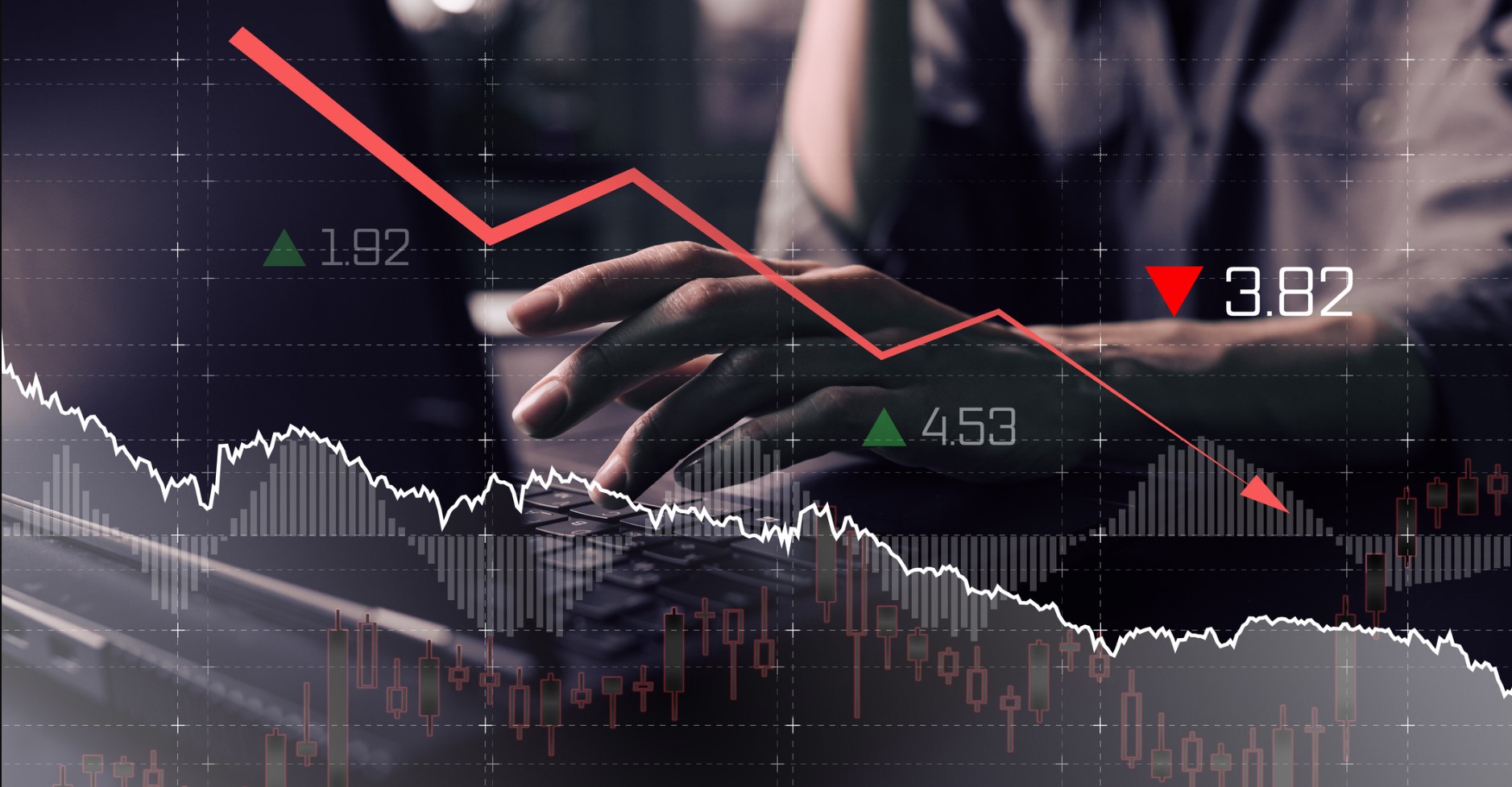The global economy is no stranger to turbulence. Economic crises can strike unexpectedly, leaving investors and traders grappling with uncertainty. But fear not, for in this article, we will explore tried-and-true strategies to thrive during these uncertain times. Whether you’re a seasoned trader or just starting, the insights provided here will help you navigate the choppy waters of economic crises.
Trading During Economic Crises: Strategies for Uncertain Times
Trading during economic crises presents a unique set of challenges and opportunities for investors and traders alike. The first key strategy to consider is diversification. Instead of concentrating investments in a single asset or sector, spreading them across different classes, such as stocks, bonds, real estate, and commodities, can help mitigate risk. This diversified approach ensures that even if one area of your portfolio falters, others may perform well, balancing out potential losses.
Staying informed is equally crucial when navigating uncertain economic times. Monitoring economic indicators, market trends, and reliable financial news sources provides valuable insights for decision-making. Being well-informed allows traders to spot opportunities and anticipate potential risks, making them better equipped to make strategic moves in response to changing market conditions.
In addition to diversification and staying informed, traders should also consider safe-haven assets. These are investments that historically tend to retain or increase in value during economic downturns. Assets like gold, U.S. Treasury bonds, and Swiss francs can act as a hedge against uncertainty and provide stability in times of crisis. While they may not offer high returns, their role in preserving capital makes them an important part of any crisis-ready investment strategy.
Trading during economic crises requires a well-thought-out approach. Here are some strategies to consider:
Diversify Your Portfolio
Diversification is a cornerstone of risk management. Instead of putting all your eggs in one basket, spread your investments across different asset classes. This can include stocks, bonds, real estate, and commodities. By diversifying, you reduce the impact of a downturn in a particular sector on your overall portfolio.
Instead of concentrating investments in a single asset or sector, spread them across various asset classes, such as:
- Stocks: Invest in a diverse range of companies across different industries.
- Bonds: Consider allocating a portion of your portfolio to government or corporate bonds.
- Real Estate: Explore real estate investments, including residential or commercial properties.
- Commodities: Include commodities like gold, silver, or oil to diversify further.
By diversifying your portfolio across these asset classes, you can reduce the impact of a downturn in any single sector on your overall investment. This strategy aims to provide balance and resilience, helping you navigate economic uncertainty with confidence.
Stay Informed
In turbulent times, information is your most valuable asset. Keep a close eye on economic indicators, news, and market trends. Utilize reliable financial news sources and research reports to make informed decisions. Being ahead of the curve can help you spot opportunities and mitigate risks.
Consider Safe Havens
During economic crises, investors often flock to safe-haven assets like gold, U.S. Treasury bonds, and Swiss francs. These assets tend to retain their value or even appreciate when traditional markets falter. While they may not offer high returns, they provide stability and act as a hedge against economic uncertainty.
In times of economic uncertainty, it’s wise to explore safe-haven assets that historically retain or increase in value:
- Gold: Known as the “ultimate safe haven,” gold has been a store of value for centuries during turbulent times.
- S. Treasury Bonds: These government bonds are often considered one of the safest investments due to the backing of the U.S. government.
- Swiss Francs: The Swiss franc is known for its stability and is often sought after during economic crises.
These safe-haven assets provide stability and act as a hedge against economic uncertainty. While they may not offer high returns, their role in preserving capital makes them valuable components of a crisis-resistant investment strategy.
Embrace Short Selling
Embracing short selling is a strategy that can be particularly effective during economic crises. This approach involves betting that the value of a specific asset will decrease. While it may seem counterintuitive, short selling can provide opportunities for profit when markets are in decline. However, it’s essential to note that short selling is a sophisticated strategy and is best suited for experienced traders who understand its intricacies.
To engage in short selling, traders typically borrow assets they believe will decline in value from a broker and then sell them on the market. Later, they buy back the same assets at a lower price to return them to the lender, pocketing the difference as profit. This strategy can be profitable during economic downturns when stocks or other assets are expected to decrease in value. However, it comes with inherent risks, as markets can be unpredictable, and losses can escalate quickly.
Successful short selling requires a deep understanding of market dynamics, thorough research, and the ability to make well-timed decisions. It’s not recommended for beginners, as it can lead to substantial losses if not executed with precision. Traders considering short selling should do so cautiously and with a clear understanding of the associated risks.
Maintain a Long-Term Perspective
It’s easy to get caught up in the daily fluctuations of the market. However, successful traders during economic crises often maintain a long-term perspective. Avoid knee-jerk reactions to market volatility and stick to your well-researched investment strategy.
FAQ
How can I start diversifying my portfolio?
Begin by assessing your current investments and identifying areas where you’re overexposed. Research different asset classes and consider allocating your funds strategically.
Is short selling suitable for beginners?
Short selling is a complex strategy best suited for experienced traders. If you’re new to trading, focus on building a strong foundation before exploring this option.
What are some reliable sources for financial news?
Some reputable sources include Bloomberg, Reuters, The Wall Street Journal, and financial news channels like CNBC.
Are cryptocurrencies a safe haven during economic crises?
Cryptocurrencies like Bitcoin have been touted as digital gold and a potential safe haven. However, they can also be highly volatile, so proceed with caution.
How do I maintain discipline during market turbulence?
Create a well-defined trading plan with clear entry and exit strategies. Stick to your plan, even when emotions run high.
Should I consult a financial advisor during an economic crisis?
Seeking professional advice can provide valuable insights and a sense of direction during turbulent times. Consider consulting a certified financial planner.
Trading during economic crises is a challenging endeavor, but with the right strategies and a disciplined approach, you can mitigate risks and seize opportunities. Remember to diversify your portfolio, stay informed, and consider safe havens. Additionally, maintain a long-term perspective and avoid impulsive decisions. By following these guidelines, you’ll be better equipped to navigate the uncertain waters of the financial markets.

